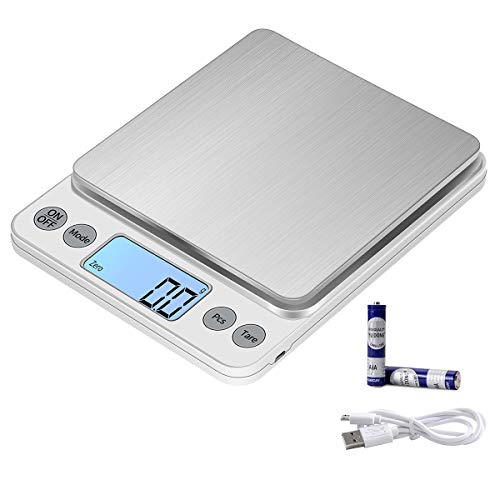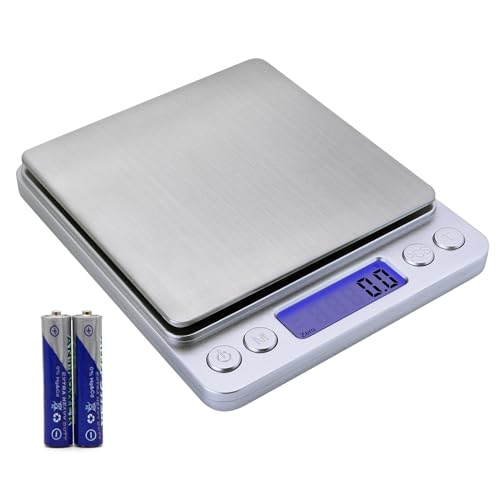HI!
We got some Olive product, said to be good for soap making, but the moment I poured the lye solution in, it cured into a very thick custard instantly.
Then some water started appearing in the pot, and I guessed it must have been something other then pure oil, and since there was less oil to the amount of lye added it cured.
Does anyone have any experience's like this, or any ideas what to do with this stuff?
Should I ad more of this, and maybe pour out the water, or is it too late once it has thickened?
Or should I pour in some pure oil?
Please share if you have any ideas
Thanks!
We got some Olive product, said to be good for soap making, but the moment I poured the lye solution in, it cured into a very thick custard instantly.
Then some water started appearing in the pot, and I guessed it must have been something other then pure oil, and since there was less oil to the amount of lye added it cured.
Does anyone have any experience's like this, or any ideas what to do with this stuff?
Should I ad more of this, and maybe pour out the water, or is it too late once it has thickened?
Or should I pour in some pure oil?
Please share if you have any ideas
Thanks!



































